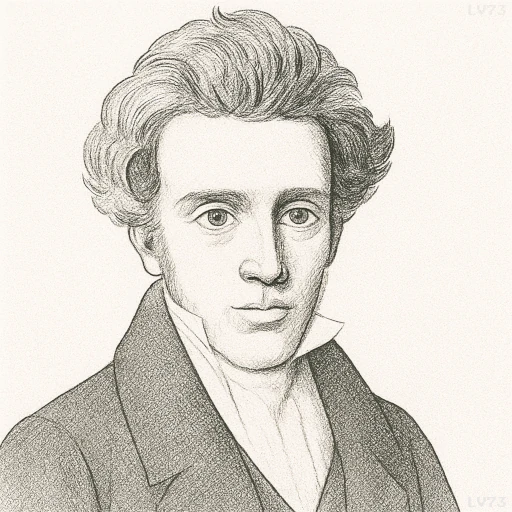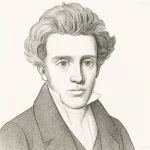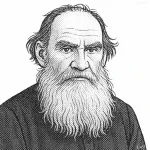“Since boredom advances and boredom is the root of all evil, no wonder, then, that the world goes backwards, that evil spreads. This can be traced back to the very beginning of the world. The gods were bored; therefore they created human beings.”

- May 5, 1813 – November 11, 1855
- Danish
- Philosopher, Theologian, Poet, Father of Existentialism
table of contents
Quote
“Since boredom advances and boredom is the root of all evil, no wonder, then, that the world goes backwards, that evil spreads. This can be traced back to the very beginning of the world. The gods were bored; therefore they created human beings.”
Explanation
In this quote, Kierkegaard offers a provocative and ironic commentary on the existential condition of boredom, treating it not as a trivial inconvenience but as a fundamental force driving both creation and corruption. He suggests that boredom is not only deeply rooted in human experience, but that even divine beings—“the gods”—were afflicted by it. In his mythic tone, he proposes that humanity was created out of divine boredom, setting the stage for a world in which boredom perpetually drives people toward restlessness, distraction, and ultimately evil.
This quote comes from Kierkegaard’s Either/Or, where he explores the aesthetic mode of life—a life governed by pleasure, novelty, and avoidance of commitment. In that context, boredom is a destructive force, because it leads individuals to seek sensationalism, manipulation, or meaninglessness rather than pursuing deeper truths or responsibilities. The spreading of evil, then, is not driven by malice alone, but by a lack of purpose, the refusal to face the inner void, which boredom exposes.
Today, this insight is strikingly relevant. In a world of endless entertainment and rapid gratification, many chase distraction to avoid confronting the silence or emptiness within. Kierkegaard’s quote challenges us to ask: Are we creating or destroying in response to our boredom? Instead of letting boredom push us toward indulgence or nihilism, he subtly points to the need for depth, purpose, and spiritual engagement as the only true antidotes. In his view, the battle against boredom is not trivial—it is a central struggle of human existence.
Would you like to share your impressions or related stories about this quote in the comments section?




